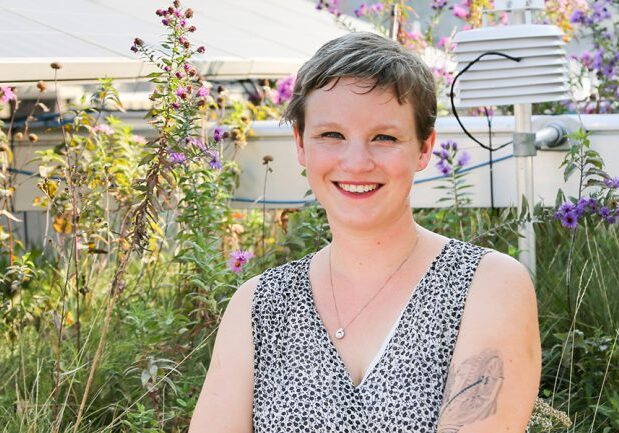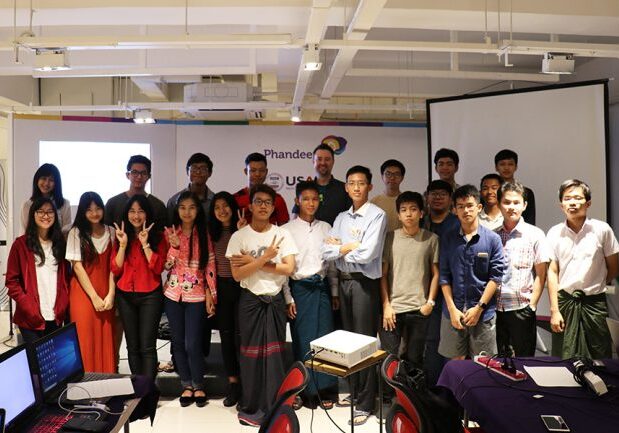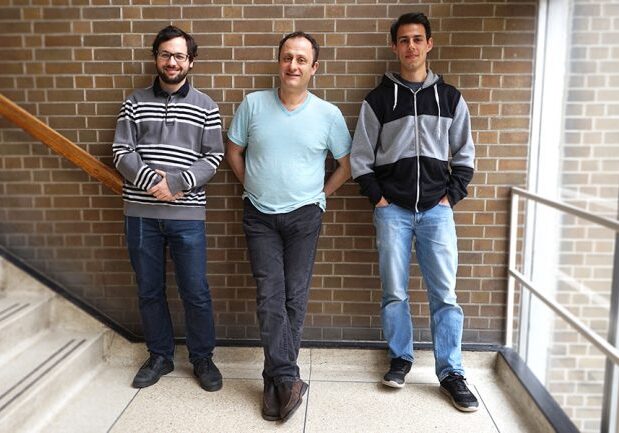
U of T Engineering hosts blockchain symposium to link academics, industry and the public
Part of Toronto Blockchain Week, this symposium highlighted blockchain research at Canada’s leading universities
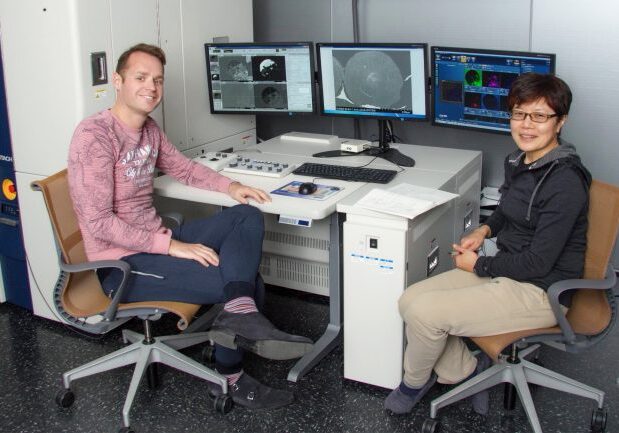
Cosmic dust reveals new insights on the formation of solar system
Professor Jane Howe’s expertise in electron microscopy critical to discovery of carbon and oxygen co-existing in grain of stardust
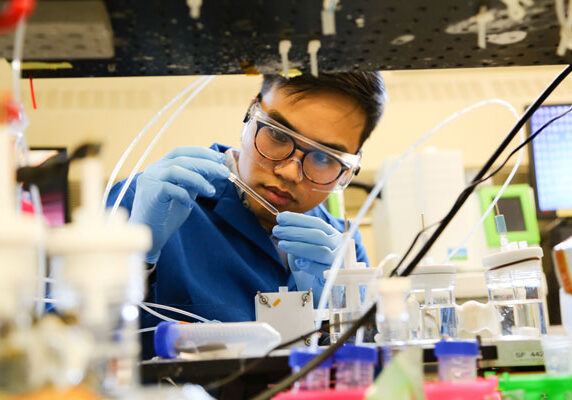
How to take the ‘petro’ out of the petrochemicals industry
New paper in Science by U of T Engineering research team charts a road map for displacing fossil fuels in the production of plastics, clothing and more
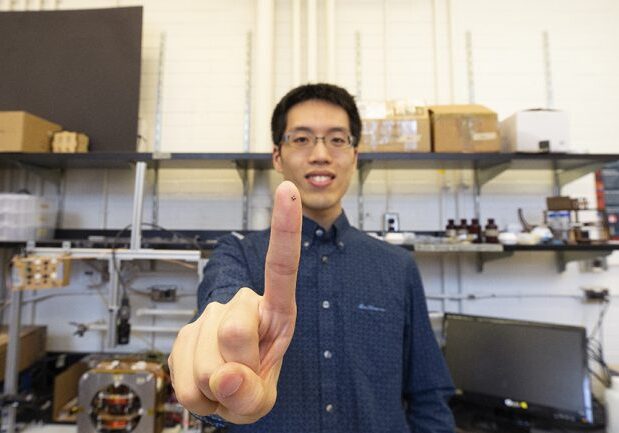
No assembly required: U of T Engineering researchers automate microrobotic designs
Professor Eric Diller’s lab uses magnetic 3D-printing technique to optimize the design and programming of tiny robots with health applications
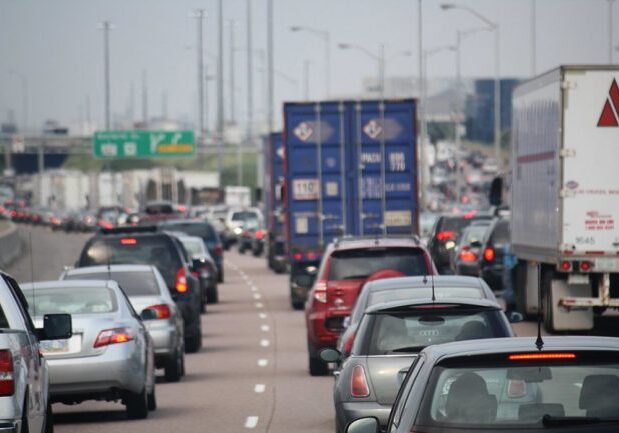
Smart Freight Centre aims to deliver the goods — faster and greener
Newly launched hub brings together leading experts from universities, industry and government to research faster ways to ship across the Greater Toronto and Hamilton Area
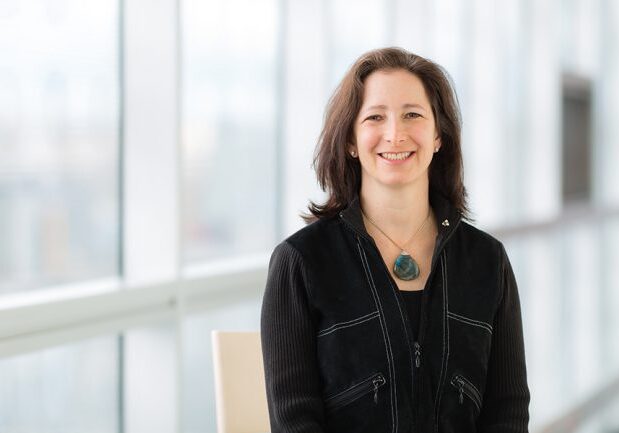
Molly Shoichet elected to Royal Society
World-leading expert on regenerative medicine elected a Fellow of the UK’s national academy of sciences, the world’s oldest scientific academy and one of the most prestigious
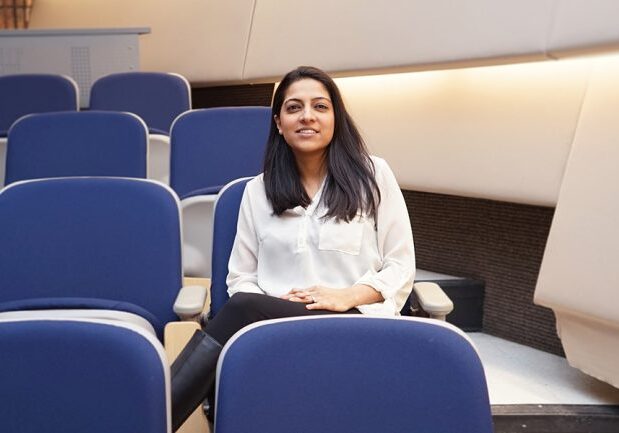
This ECE alumna is expanding access to machine learning tools while advocating for data security
Startup founded by alumna Mai Mavinkurve is helping businesses improve productivity by using machine learning to make better decisions

